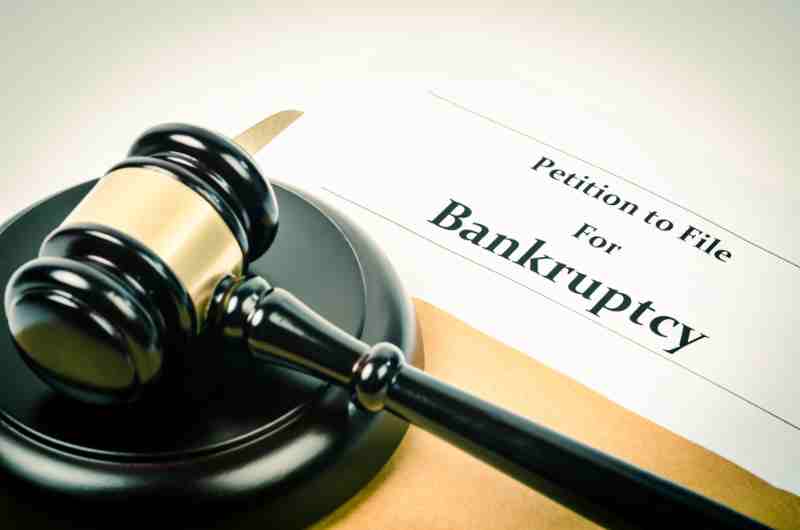#sponsored
You have run up a huge amount of debt with different creditors, and your job, business, and other side-hustles combined simply can’t bail you out. What do you do? File for bankruptcy? If you do, what will that mean for your property? How will it affect your credit score? Just what is the catch? Getting rid of your debts once and for all seems too good to be true.
Well, debts are normal, and the law has provided us with a lifeline when we are caught up in debt and have no way out. Bankruptcy is a gateway out of the claws of creditors and a constant reminder that life has a reset button. If you are contemplating filing for bankruptcy, here are a few things you need to know before executing your plan:
1. You will have to disclose a lot about your financial life
When filing for bankruptcy, the state requires that you lay bare your current situation so that your eligibility can be determined. You need to produce all relevant paperwork, including tax receipts, living expenses, debt records, and pay stubs. Hiding some of the information due to embarrassment would potentially hurt your chances of being granted bankruptcy protection.
2. The impact on your credit score will be massive
While the effect on credit score is not the same for all bankruptcy filers, you should brace yourself for a nosedive of up to 200 points. The company behind credit scores takes a number of variables into consideration when calculating points, so again, the effect could be a lot tinier.
Either way, you will struggle convincing anyone to give you credit for the next 2-3 years. And when you finally get new credit, it will be extremely little money at a very high interest. Worse yet, the bankruptcy will be highlighted in your credit report for a whole decade and in your public file forever.
3. Some credit card debts may not be discharged
Your financial decisions shortly before filing for bankruptcy will be reviewed exhaustively, and any signs of deliberate extravagance will not go unnoticed. For instance, bankruptcy preceded by excessive credit card use may prompt the creditor to challenge your request to have your entire balance eliminated.
It could seem like an indicator that you didn’t have plans to pay for the expenditure at all. If you bought a car or some other big-ticket item before submitting your bankruptcy request, you are likely to be ordered to pay for the extravagant expenditure.
4. Some debts may not be discharged
Student loans, child support, and spousal maintenance are some of the debts that cannot be discharged. It is advisable that before you file for bankruptcy, you make two lists – one for the debts that can be discharged and another for those that can’t.
Find the difference between the totals of either list and see if you are making any sense with your request. If the bulk of your debt cannot discharged, then it would be wise to drop your plans and try a debt consolidation loan, consumer credit counseling, or some other viable solution.
Bankruptcy stock photo by Room’s Studio/Shutterstock











